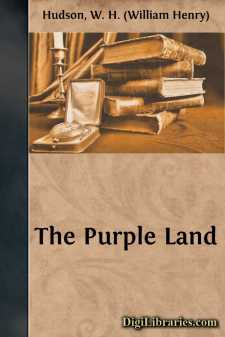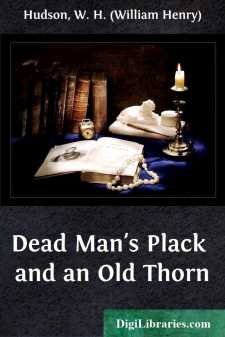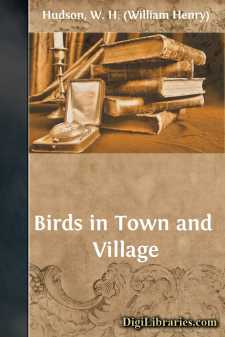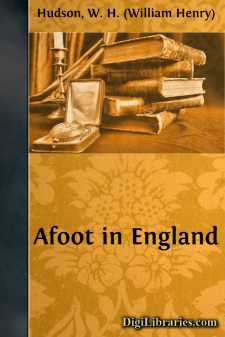Categories
- Antiques & Collectibles 13
- Architecture 36
- Art 48
- Bibles 22
- Biography & Autobiography 813
- Body, Mind & Spirit 142
- Business & Economics 28
- Children's Books 17
- Children's Fiction 14
- Computers 4
- Cooking 94
- Crafts & Hobbies 4
- Drama 346
- Education 46
- Family & Relationships 57
- Fiction 11829
- Games 19
- Gardening 17
- Health & Fitness 34
- History 1377
- House & Home 1
- Humor 147
- Juvenile Fiction 1873
- Juvenile Nonfiction 202
- Language Arts & Disciplines 88
- Law 16
- Literary Collections 686
- Literary Criticism 179
- Mathematics 13
- Medical 41
- Music 40
- Nature 179
- Non-Classifiable 1768
- Performing Arts 7
- Periodicals 1453
- Philosophy 64
- Photography 2
- Poetry 896
- Political Science 203
- Psychology 42
- Reference 154
- Religion 513
- Science 126
- Self-Help 84
- Social Science 81
- Sports & Recreation 34
- Study Aids 3
- Technology & Engineering 59
- Transportation 23
- Travel 463
- True Crime 29
A Little Boy Lost
Description:
Excerpt
CHAPTER I
THE HOME ON THE GREAT PLAIN
Some like to be one thing, some another. There is so much to be done, so many different things to do, so many trades! Shepherds, soldiers, sailors, ploughmen, cartersвÐâone could go on all day naming without getting to the end of them. For myself, boy and man, I have been many things, working for a living, and sometimes doing things just for pleasure; but somehow, whatever I did, it never seemed quite the right and proper thing to doвÐâit never quite satisfied me. I always wanted to do something elseвÐâI wanted to be a carpenter. It seemed to me that to stand among wood-shavings and sawdust, making things at a bench with bright beautiful tools out of nice-smelling wood, was the cleanest, healthiest, prettiest work that any man can do. Now all this has nothing, or very little, to do with my story: I only spoke of it because I had to begin somehow, and it struck me that I would make a start that way. And for another reason, too. His father was a carpenter. I mean Martin's fatherвÐâMartin, the Little Boy Lost. His father's name was John, and he was a very good man and a good carpenter, and he loved to do his carpentering better than anything else; in fact as much as I should have loved it if I had been taught that trade. He lived in a seaside town, named Southampton, where there is a great harbour, where he saw great ships coming and going to and from all parts of the world. Now, no strong, brave man can live in a place like that, seeing the ships and often talking to the people who voyaged in them about the distant lands where they had been, without wishing to go and see those distant countries for himself. When it is winter in England, and it rains and rains, and the east wind blows, and it is grey and cold and the trees are bare, who does not think how nice it would be to fly away like the summer birds to some distant country where the sky is always blue and the sun shines bright and warm every day? And so it came to pass that John, at last, when he was an old man, sold his shop, and went abroad. They went to a country many thousands of miles awayвÐâfor you must know that Mrs. John went too; and when the sea voyage ended, they travelled many days and weeks in a wagon until they came to the place where they wanted to live; and there, in that lonely country, they built a house, and made a garden, and planted an orchard. It was a desert, and they had no neighbours, but they were happy enough because they had as much land as they wanted, and the weather was always bright and beautiful; John, too, had his carpenter's tools to work with when he felt inclined; and, best of all, they had little Martin to love and think about.
But how about Martin himself? You might think that with no other child to prattle to and play with or even to see, it was too lonely a home for him. Not a bit of it! No child could have been happier. He did not want for company; his playfellows were the dogs and cats and chickens, and any creature in and about the house....












